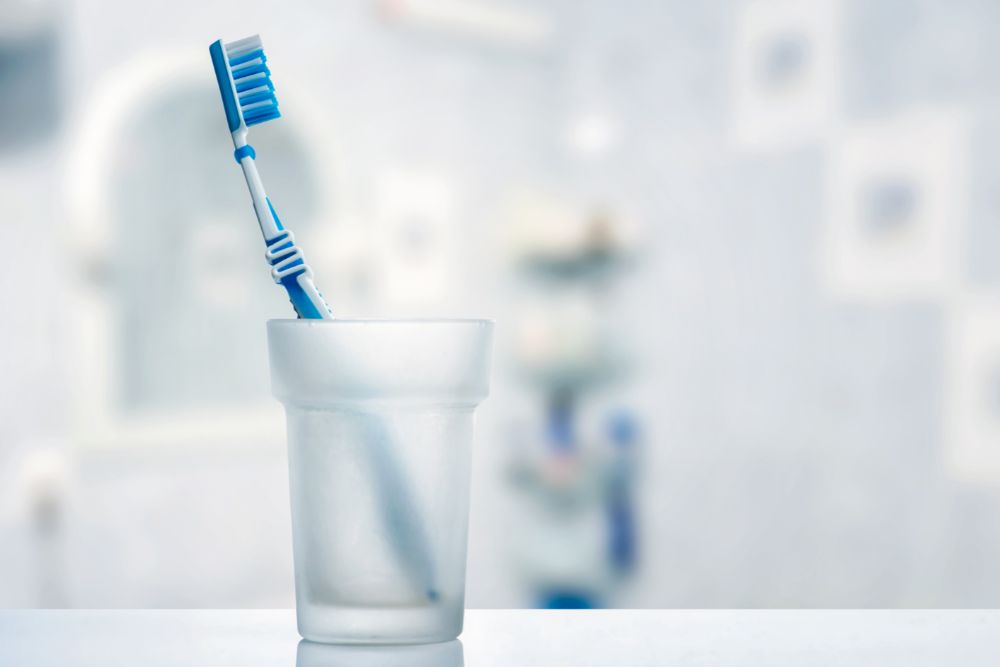By now, everyone who sees a dentist regularly should know they need to brush their teeth on both sides for two minutes twice a day and floss at the end of the day. Doing this right is not easy because there are hard to reach places of the mouth, which is why it’s important to have your dental hygienist, who has special tools, provide a professional cleaning twice a year.
It is also vital to have a full preventative and oral health exam by your dentist twice a year and a digital x-ray once a year to prevent small problems from becoming big ones. Leaving any of these good habits out could ultimately result in the loss of teeth.
What is often not fully appreciated is the need to use the right type of toothbrush and replace it periodically. First, the brush needs to state that it has soft bristles and you need to use it correctly, scraping from the gum line to the tip of each tooth. It might seem that harder bristles would do a better job of cleaning off the food particles and bacteria, but these can damage your teeth and gums.
You should also ask your dentist if any ongoing oral health issues might improve if you used an electric toothbrush. As vigorously as they scrub, they will not cause any harm and you still need to brush for two minutes each time with the proper technique. In the case of both electric and manual toothbrushes, check for the recommendation seal of the American Dental Association (ADA), which will confirm that it has been tested for effectiveness and safety.
Another consideration in choosing a toothbrush is the size of the head. A large one can scrub a bigger area at one time, but a smaller head will allow you to reach places that are not easy to clean, such as your molars in the back of both upper and lower arches. If you have crowded teeth, you should also use the tiny brushes that are shaped like a big plastic toothpick with bristles at the end, enabling you to get into the crevices a regular toothbrush cannot easily clean out.
If you have been using the same toothbrush for 3-4 months, it is probably time to replace it because the bristles wear down and fray, so you will not get the same protection from decay and gum disease when you brush. You should also change brushes after illness, since brushes can convey bacteria and viruses. Even if you have not been sick, you can buy special toothbrush head covers that will keep them clean and even antiseptic. Keep track when you start using a new brush.
Ask your dentist or hygienist for their recommendations.
Read More Resources Below:


